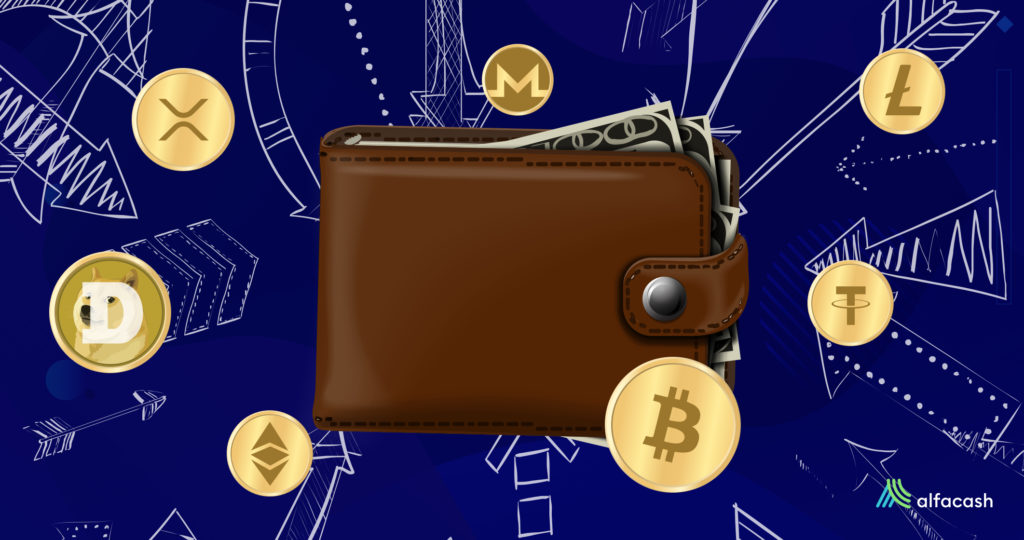Maybe you’ve finally decided to begin your savings or investments in cryptocurrencies, but you’re not sure about how to start with it. There’s a myriad of apps, devices, and webpages claiming to be the best option around, but, how to choose your first crypto walletA crypto wallet is a user-friendly software or hardware used to manage private keys. There are software wallets for desktop... More and make sure that one is really the best for you?
Well, worry not, my friend. We’re not going to tell you what is the best crypto wallet around, but we can teach you how to pick the best option for your needs. Ready?
Types of crypto wallets
First things first. There are several types of crypto wallets, and all of them work just fine to handle your cryptos. But they’re different in several important aspects, and even have different functionalities and/or methods of use. Let’s check them quickly.
- Cold wallets: They are those keeping the funds completely disconnected from the Internet, for higher security. We can find in this category hardware wallets (small devices specially designed for this purpose), paper wallets (a cryptocurrencyA digital currency running on a blockchain and built with cryptography. Contrary to central-bank issued currency, cryptocurrency issuance rules are... More addressAn address is a blockchain equivalent to a bank account number in the traditional financial system, or an email address.... More for exclusively receive funds), and professional vaults (like safes/strongboxes offered by companies).
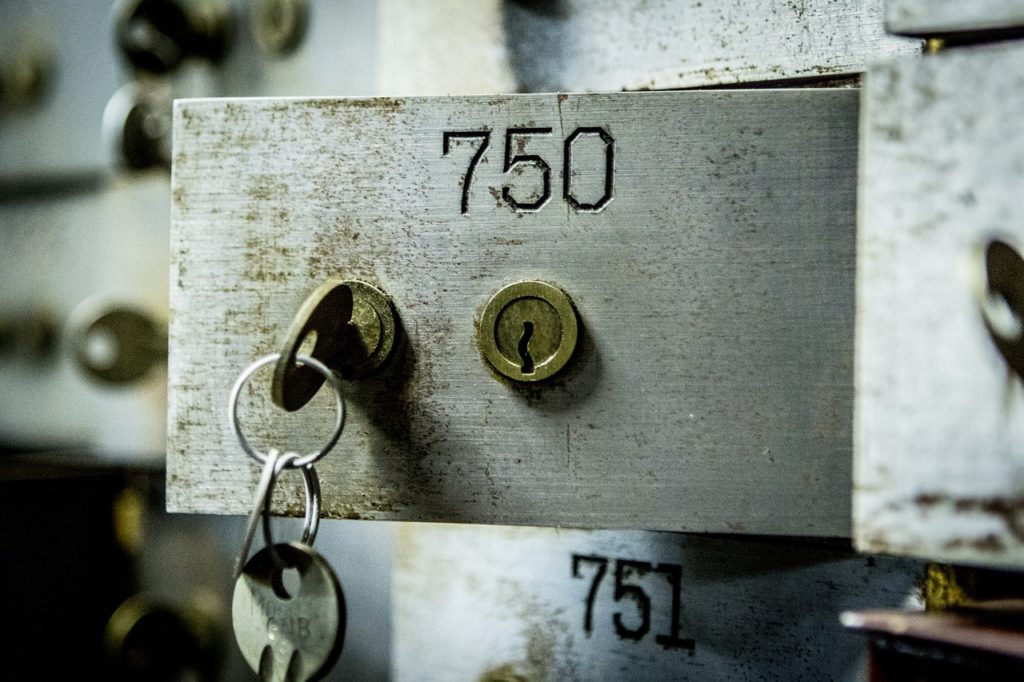
- Hot wallets: They are those keeping the funds always available online. In this category, we can find the easiest-to-use and mostly free crypto wallets, like webpages, apps, and browser extensions. They don’t require advanced knowledge to using them, and they can be very safe as longs as the users take some precautions.
Beyond these two types, we can also categorize them in another way, not mutually excluding them from each other.
- Custodial wallets: They have an intermediary part (a company, usually) storing the funds and protect them on behalf of their clients. They’re usually easy to handle because the user just needs to register and/or download the app. The downside is this intermediary can even censor transactions and freeze the funds (so much like a bank). You’ll never get there your private keyA cryptographic key that is used with an algorithm to encrypt and decrypt data. A cryptocurrency private key lets you... More, obligatory for restoring the funds in another wallet without help or permissions. You’ll depend on the withdrawals of the platform or app.
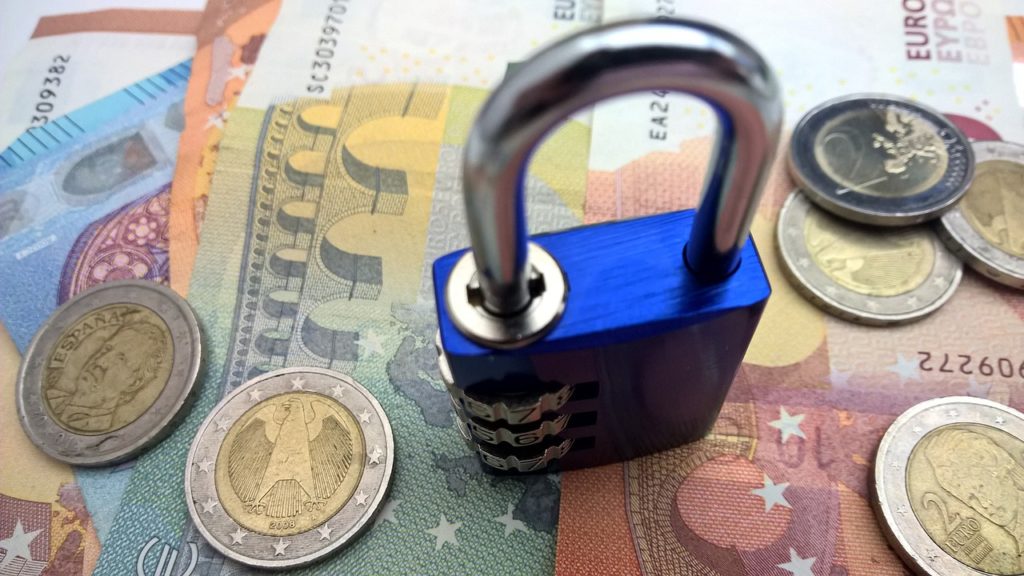
- Non-custodial wallets: They don’t have an intermediary between the user and their cryptocurrencies. Of course, there are companies and developers behind this kind of software and hardware, but they don’t control the funds at any moment. If the register is required, the user receives a unique private key to move their cryptos as they want to, at any time. The difficulty to use this type of wallet may vary, depending on the platform or device.
What do you have and what do you need?
Well, it’s time to think about the ingredients you have to make a good recipe, so to say. So, you must answer these questions first:
- What kind of device will store the wallet (if it’s a software wallet)? What are the OS and capacity? (Windows, Linux, Android…)
- How often do you estimate you could open —and use— your wallet? Several times a day? Once a month? Once a year?
- Do you need it to handle only one cryptocurrency or several of them? How many, and which ones?
- How many funds will you store in there? Enough to require some extra security?

- How private do you want your data to be?
- Do you mind if others protect and handle your funds for you?
- How much are you willing to spend on a crypto wallet? (It goes from free to several hundred dollars).
- Do you want to access other functionalities with cryptos, like exchanges and smart contracts?
- Do you find yourself able to learn quickly any interface? Or maybe you’ll need something as user-friendly as possible?
Ok, perhaps you’ll need a paper to write down your own answers, just to not forgetting them. Once you’ve considered these personal preferences and circumstances, we can move on to the next phase. That is checking the available alternatives.
Some alternatives for choosing a crypto wallet
We hope you still remember the types of crypto wallets we’ve discussed before because now you’ll have to choose one of them. Let’s talk about some advantages and disadvantages of each type, so you can pick the best for your needs, likings, and budget. Of course, we’ll include some examples without promoting any particular brand. The final choice is up to you!
- Hardware wallets: besides the professional vaults, they’re usually the most secure type of crypto wallet. Non-custodial. They can support multiple currencies, and your data is more private (as long as the provider doesn’t get hacked). The downsides are mainly in the convenience (you probably won’t be able to transfer funds as fast as on mobile) and the prices. That depends on the wallet and the brands, though.
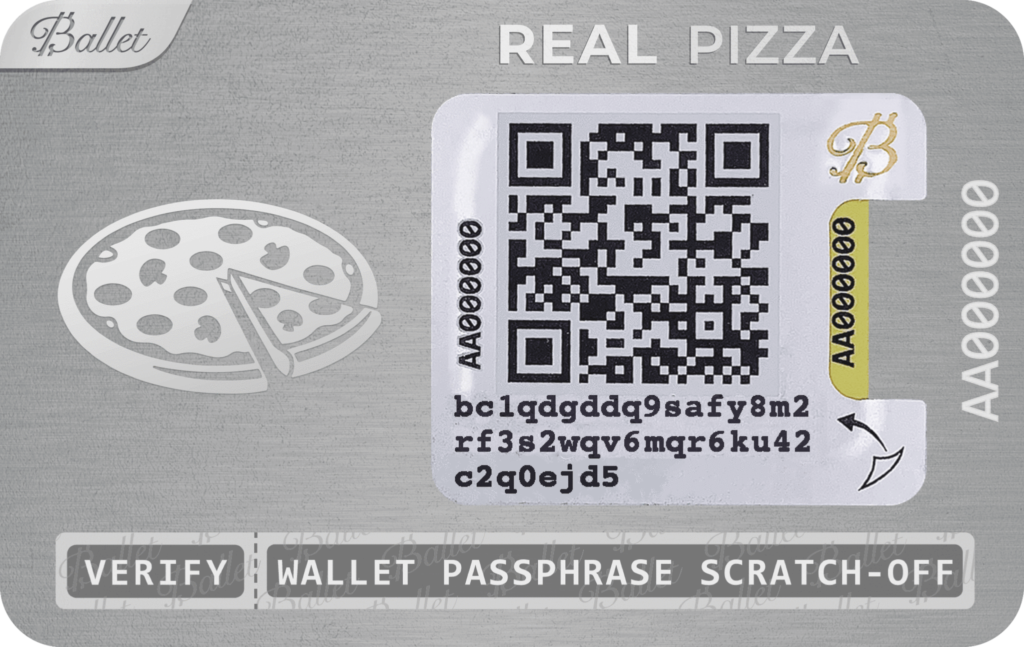
Popular providers are LedgerA ledger is like a spreadsheet keeping track of which addresses own how many bitcoins. The Bitcoin blockchain is a... More, Trezor, KeepKey, Ballet, D’CENT, and SecuX. All of them offer different devices, with different security and easy-to-use levels. The prices vary from $23 and $2.000.
- Paper wallets: they’re non-custodial and free. Basically, because they’re a mere address in which you can send funds for only one specific cryptocurrency. You can take note of this address and your private key anywhere you want to. And again, you can’t send funds from there, not without bringing the address into the Internet and into another type of wallet. They’re perfect if you just want to save money safely for a while.
There are online several paper walletA piece of paper (or another material, sometimes) containing a private key or mnemonic phrase to unlock a cryptocurrency wallet. More generators. You only need to enter the webpage and follow the instructions. Two of them (for Bitcoin) are Bitaddress and BitcoinBitcoin is the first decentralized digital currency. It was created in 2009, by an anonymous founder or group of founders... More Paper Wallet.
- Webpages and in-exchange wallets: they’re always hot (online) and might be custodial or non-custodial, depending on the platform. But if this platform is a cryptocurrency exchange where you registered with email, password, and documents, then is surely custodial. We must say this is probably the easiest and accessible type of crypto wallet, but it’s also the less secure and the less decentralized.
You’ll bet on the brand’s reputation and capacity. Are you sure you can trust them? Do your own research about them, first. Known examples of this kind of wallets (beyond custodial exchanges) are BitGo, BlockchainBlockchain is a type of database storing an immutable set of data, verifiable to anyone with access to it —through....com, GreenAddress, and Alfacoins (designed for merchants).
- Apps and browser extensions: these are maybe the most used crypto wallets. That’s because they’re fast, accessible, multiplatform (available for mobile and Desktop), full of extra functionalities, can be multicurrency, and can be easy to use. Mostly, they’re non-custodial and free as well. They’re still not the most secure option available, but that doesn’t mean they’re not widely safe. Especially if you pay attention to the recommendations.
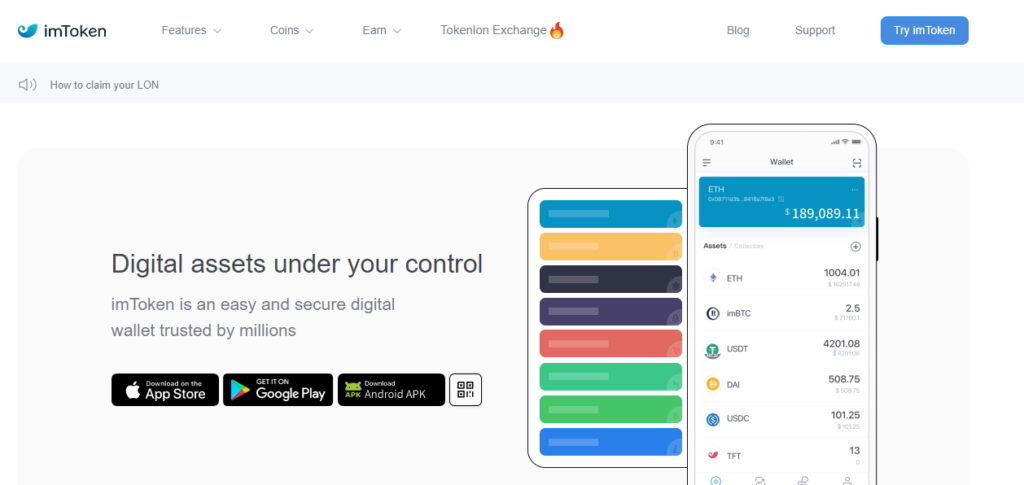
Popular alternatives are imToken (focused on Dapps), Samourai (privacy-focused), Exodus (multicurrency with incorporated exchange), MetaMask (browser extension for Ethereum and Dapps), Blue Wallet (focused on Lightning Network), and Coinomi (mobile with support for over 125 blockchains and hundreds of tokens). They have different sizes (in MB) and device requirements.
Tips and tricks for choosing a crypto wallet
- Not all the brands and options are reliable nor secure. Before installing anything or register on any random webpage, you’ll need to do your own research about the brand first. Look for reviews and activities.
- You should think about your needs for the short and long term. Maybe you just want to save cryptos right now, but in the future, you might be into Dapps.
- Always download or register in the official channels of the brand. Check if the URL is the right one, or you could be a victim of phishing.

- Is there any customer service around? Do you think you’ll need them?
- Check if the wallet will let you adjust the miner’s fee for transactions. That might be useful for your finances in the future.
- Speaking of fees, if you’re not going to hodl but use the cryptos often, then the recommendation is to keep them where you can exchange them easily. Every withdrawal (from the app to the exchange, for example) will have a cost, after all.
- General security for avoiding malware: keep updated your operative system, your apps, and your antivirus. Never trust in emails asking you for personal credentials, let alone private keys.
- And finally, maybe the most important thing: if they provide you with private keys, you’re the one and only responsible for it. The wallet doesn’t have it, the company doesn’t have it, no one else in the world has it. Only you. So, when they say to keep it safe and make backups, they mean it. There won’t be an option like “Forgot your password?” this time. If you lose your private key, you lose your funds forever, like an awful lot of people before. So, take care of it!
Do you want to see this story in a video? We got you!
Have you picked already a nice crypto wallet? Enjoy now our instant and non-custodial trades and discounts on Alfacash! And don’t forget we’re talking about this and a lot of other things on our social media.
Twitter * Telegram * Facebook * Instagram * Youtube * Vkontakte
